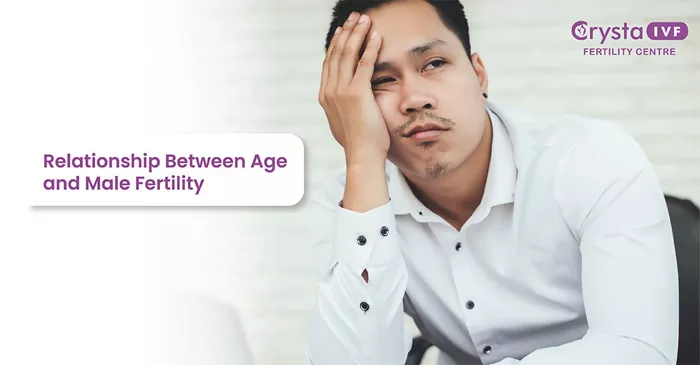Carrot Fertility, a leading global fertility benefits platform, is set to launch an innovative fertility care program that emphasizes faith inclusivity. This initiative is the first of its kind in the industry, designed to help members of religious communities find care that respects their unique beliefs and practices.
The new offering provides personalized navigation to a network of vetted, faith-inclusive healthcare providers. These providers are equipped to accommodate specific requests, including compassionate care transfers, timing adjustments for fertility protocols, and modifications to standard IVF procedures that allow faith leaders to be present during treatment. Additionally, the program will feature telehealth access to fertility experts who are informed by faith, providing emotional support and educational resources to help patients communicate their needs with healthcare providers.
Carrot’s managed network currently comprises over 900 healthcare professionals across the United States. However, not all providers are capable of meeting faith-specific preferences, often due to financial considerations or the investment required to implement certain requests. The company did not disclose the number of providers identified as faith-inclusive. This new program is scheduled to launch globally in January 2025, serving members in 170 countries.
“This isn’t a nice-to-have; it’s a fundamental part of healthcare,” said Tammy Sun, Carrot’s founder and CEO, in an exclusive interview with Fierce Healthcare. Carrot, recognized as a Fierce 15 honoree in 2021, currently serves millions of members through multinational employers and payer clients. Sun noted that since the launch of their fertility care product in 2018, there has been a significant increase in demand for such benefits from both employers and consumers.
Contrary to the assumption that faith and fertility are at odds, Carrot posits that these two aspects are deeply interconnected. “Faith significantly influences how individuals interact with their healthcare,” Sun explained. The journey of family building is not only a physically and emotionally challenging experience but also a spiritually significant one for many. Thus, providing navigation support to appropriate providers and access to faith experts can be beneficial.
In a recent survey conducted among 400 individuals in the U.S. who have undergone fertility treatments in the past five years, Carrot found that 84% of respondents identified with a faith or spiritual background, and nearly one-third were active participants in organized faith. More than half of those surveyed indicated that their faith influences their healthcare choices, with 33% saying it guides their selection of treatment options. Among active participants, these figures rose to 75% and 53%, respectively.
The survey further revealed that one-third of respondents with a faith background wished their fertility care experience had been more inclusive of their beliefs, a sentiment echoed by nearly half of those with an active faith practice. Additionally, 52% of respondents considered alternative or modified approaches to standard IVF or IUI procedures due to their faith, with timed intercourse being the most common alternative.
Concerns regarding the handling of excess embryos were prevalent, affecting 42% of respondents. Over one-third indicated they would prefer to donate embryos to other individuals, a preference that was more pronounced among those with active faith practices. Conversely, options such as donating to scientific research or disposing of embryos were significantly less favored.
With the launch of this program, Sun hopes to inspire providers within Carrot’s network to consider faith-based preferences more deliberately, potentially fostering greater inclusivity across the fertility care industry.
Related topics:



























